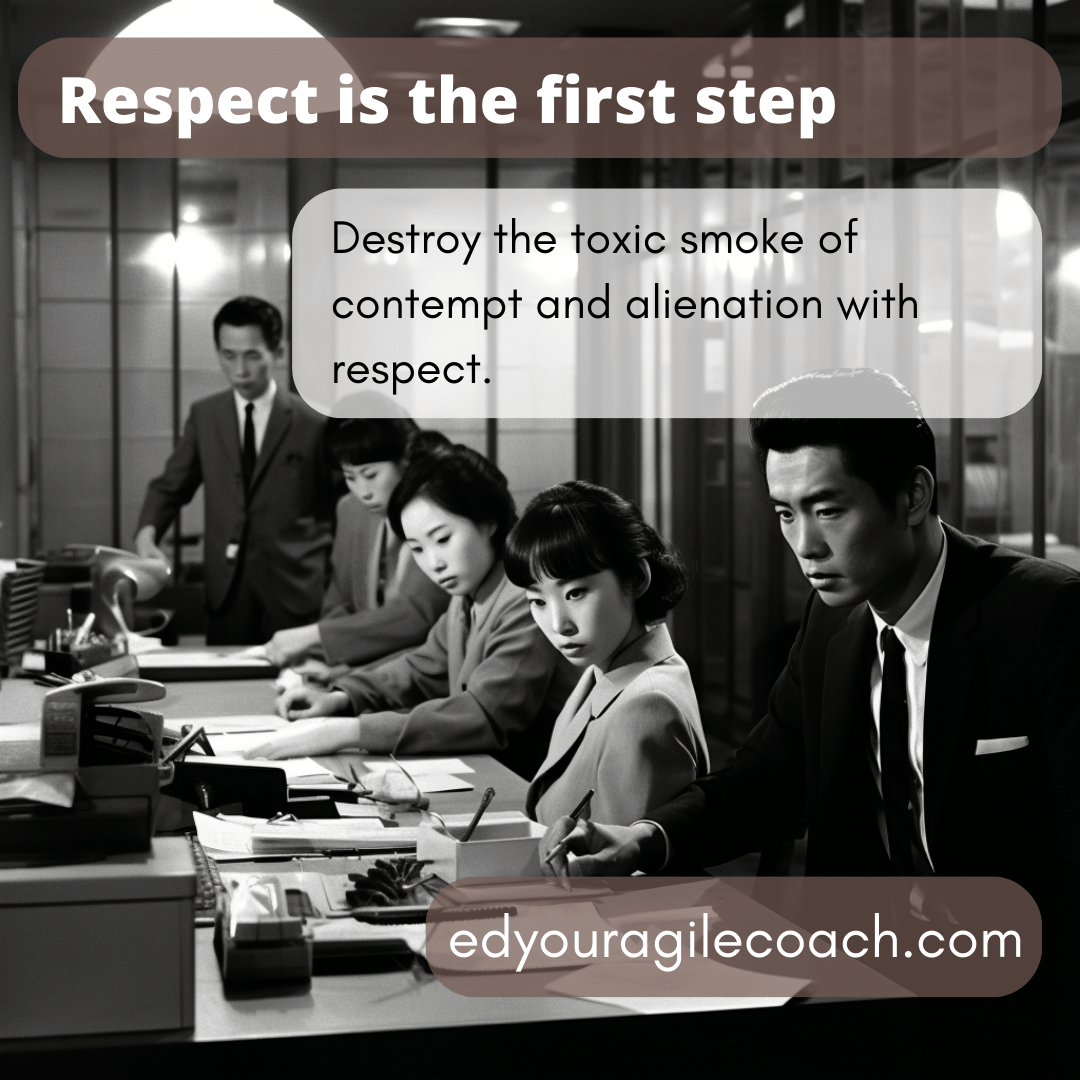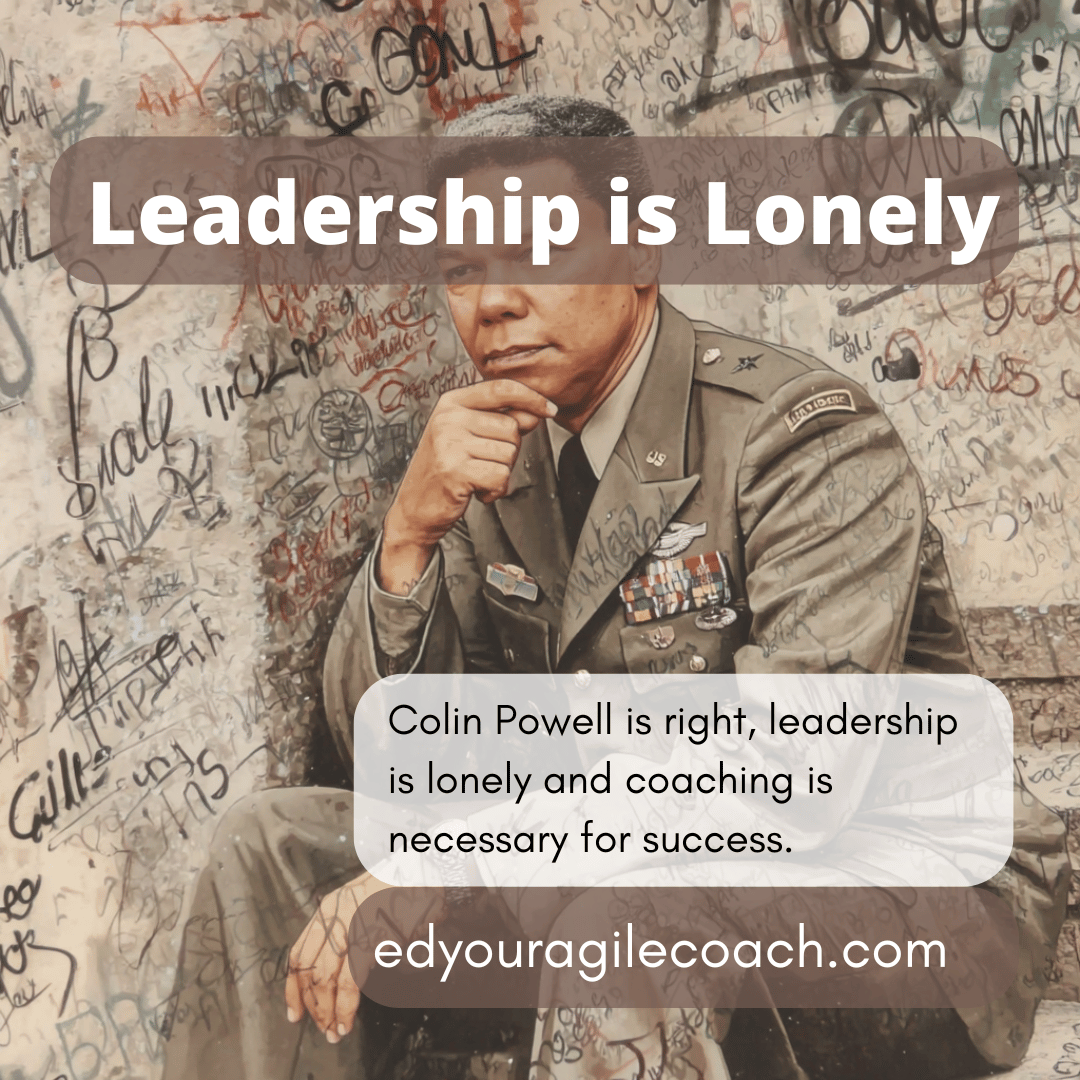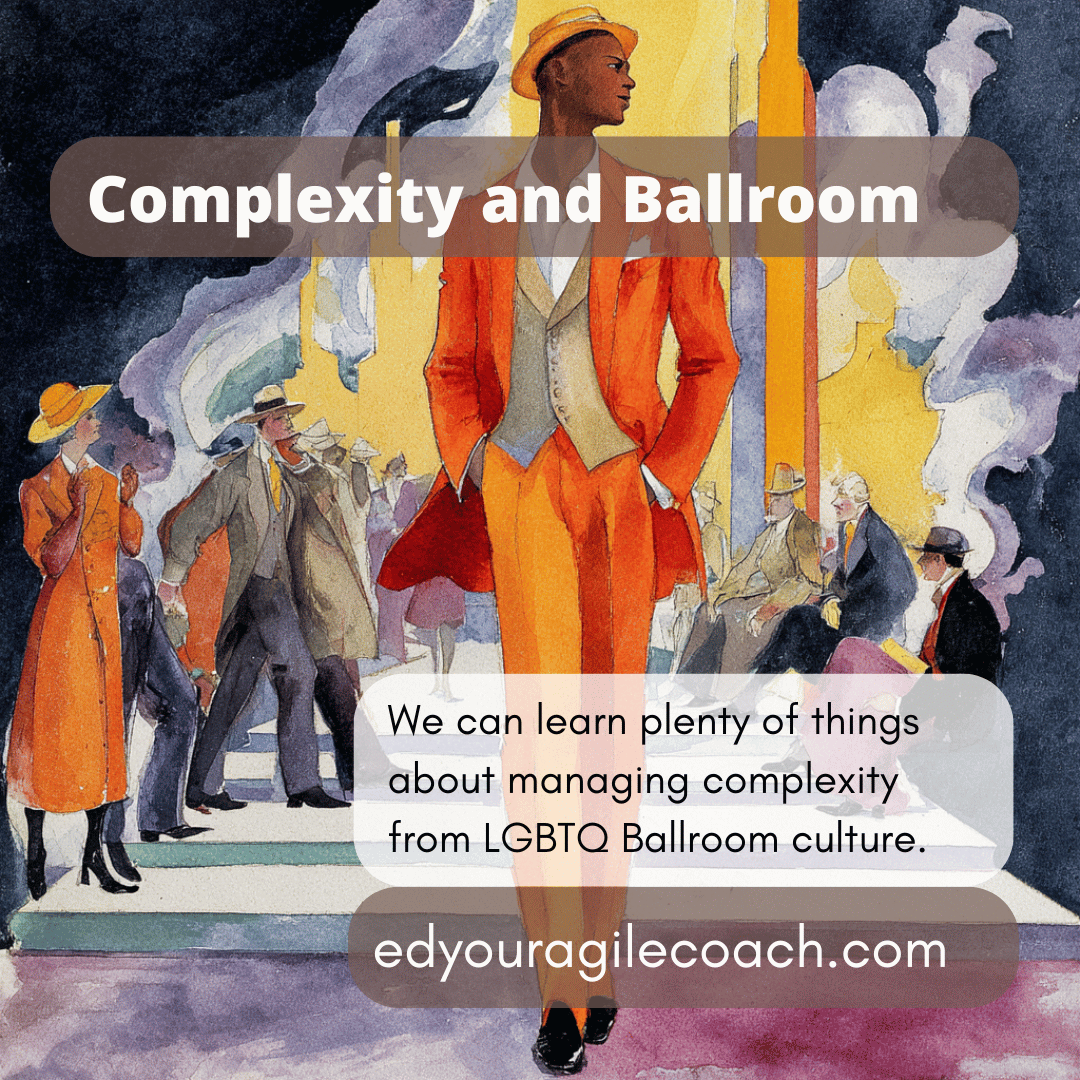Break the cycle with respect.

The business world contains plenty of situations ripe for satire and parody. The office comedy is a staple of American film and television. I suspect this is because so many Americans spend most of their time at work attempting to find a measure of prosperity and support for their families. The desire for wealth and to provide for loved ones often contradicts the major forces dominating contemporary business culture – profit maximization and achievement. The pressure of delivering shareholder value means that business people have to squeeze everyone and everything to generate a few extra pennies to the dividend. The culture of achievement creates a smug air of condescension as people with wealth or education often lord their accomplishments over others with a sense of moral superiority.
In Jonathan Swift's 'Gulliver's Travels', Lilliputian king's men flaunt their tightrope-jump heights, making me think of the behavior I often see in offices. The exercise is stupid and futile, but it is the only way people can gain the king's attention or get ahead in business. I feel like those liiputians struggling for attention and hoping not to fall and break my neck while jumping rope on a tightrope. For many of us, the sacrifice of dignity is the price we pay to care for the ones we love. This week, I feel compelled to write about something missing from contemporary business culture: respect for others.
The twin forces of profit maximization and accomplishment drive much of the business community. Together, it reduces people to anonymous objects. We tell warehouse workers they must wear diapers because customer delivery standards are more critical than voiding your bladder. Office workers sacrifice time with family and work long hours to deliver innovation to the organization to witness others they trained promoted above them. Human feelings do not come into these situations because a good warehouse worker should not waste time with bathroom breaks, and office workers should understand that promotions are never guaranteed. It is never personal, and it is business.
It is a cliché in gangster films and offices to say that business is rational and has nothing to do with human emotions. The people who spout that cliche are often the ones who abuse their power in the office. These individuals see others not as human beings but as resources to be used and discarded, like facial tissue. It creates situations where others express contempt for those who have not received the same education or wealth advantages they possess.
Contempt and disrespect float around the office like a toxic gas will suffocate everyone. Some people find the fumes intoxicating for a time, but a hustle culture of contempt and disrespect destroys everyone caught in its cloud. I have thought about this situation for a long time, and the only way to fight this trend is to make a concentrated effort to treat people with respect. It sounds simple enough to say and do in the business world to treat people with respect, but the challenge is that we need to is that we need to treat everyone with respect with no regard for the accomplishment of profit generation. It is more complicated than it seems because we experience other people in the office as masters, servants, obstacles, or tools to help us instead of the human beings they are.
Over the last month, I have read Albert Camus's 'The Rebel' and more essays by psychologist Victor Frankl. The two men insist on basic decency for all and emphasize the importance of respecting human beings. The fact that someone is alive grants them that basic level of respect. Furthermore, each living person has been on a life journey with experiences and wisdom gathered over the years. Knowledge and experience can help make any business better if we listen to it.
Frankl points out three things that give human beings meaning.
1) By creating a work or doing a deed.
2) By experiencing something or encountering someone.
3) By the attitude we take toward unavoidable suffering.
The global business world can fulfill Frankl's two requirements, helping us accomplish goals and build relationships. It is the third area where global business could improve. Frankl points out that unavoidable suffering provides meaning and self-improvement. He states explicitly that enduring avoidable suffering is a form of masochism. Too often, we make the office or factory floor an exercise in masochism. Middle-aged men should not have to wear diapers or urinate in bottles to support their families. Office workers should not tolerate abuse and gaslighting in exchange for a living wage.
Setting essential boundaries for respect is critical. People should be allowed to use the restroom when needed. Delivery vehicles must have air conditioning during the summer months. Primary safety measures should exist in every factory, and professionals should not behave like Lilliputians jumping on a high wire. While many find it commonsensical to treat others with respect, the management class fears that failing to maximize profit to the highest levels could lead to executives stripping them of their privileges and forcing them to live like the people they mistreat. We can and must shatter this cycle of abuse and alienation. It starts with each of us treating each other with respect.
Until next time.

The real story from Mashable.





Comments ()